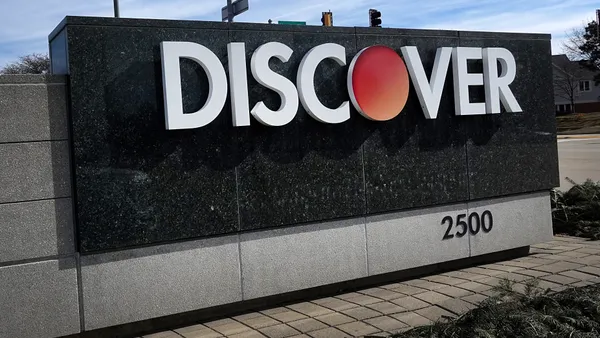Dive Brief:
- The Federal Trade Commission is suing Uber Technologies over a subscription program that has generated consumer complaints about the company’s subscription enrollment system, and the difficulty in canceling recurring monthly charges. Uber One is the company’s monthly $9.99 subscription service, started in late 2021, by which the ride share provider offers discounts on rides and food deliveries.
- Customers trying to cancel an Uber One subscription may see as many as 23 screens and require at least 32 actions in Uber’s app, and then still be unsure if they have ended the recurring charge, according to the FTC’s lawsuit, filed Monday in San Francisco federal court.
- Uber said Monday in an emailed statement that its Uber One “sign-up and cancellation processes are clear, simple, and follow the letter and spirit of the law. Uber does not sign up or charge consumers without their consent, and cancellations can now be done anytime in-app and take most people 20 seconds or less.”
Dive Insight:
The lawsuit, which alleges that San Francisco-based Uber violated the FTC Act and the Restore Online Shoppers’ Confidence Act of 2010, seeks monetary relief and a permanent injunction halting Uber One subscription practices that violate those laws.
Consumers filed a barrage of complaints that the agency cited in its complaint, including from people who said they were enrolled in Uber One without their knowledge, via credit cards they held, and among people who thought they had canceled their enrollment but were still charged.
“Consumers regularly express their surprise, confusion, and frustration over Uber One’s tiresome and complicated cancellation process,” according to the lawsuit. “In fact, the process is so challenging that it has spawned online tutorials attempting to explain how consumers can cancel Uber One.”
One dissatisfied customer wrote: “There’s no button to end the subscription! There’s no phone number to contact Uber directly! There’s no email service!” according to the complaint. “The only way to communicate with the company as a rider is to go through their in-app help service – which simply opens a claim through which they may or may not contact you. I’m not an old or confused person, I work in tech. This is clearly a means to deceive customers or intentionally make it difficult to stop monthly payments.”
Some customers were enrolled without their consent, according to the lawsuit. Enrollment can occur in multiple ways, including pop-up ads in the Uber or Uber Eats apps, and through Uber’s credit card partnerships. “Regardless of the method, the enrollment process does not require any interaction with Uber customer service representatives and is processed immediately,” according to the lawsuit.
The company also charged some customers 24 to 48 hours before their billing date, and some people learned that they had been “enrolled in and prematurely charged” for a paid subscription before their free trial had ended, the suit said.
Uber said in its email that it has ended a prior policy requiring customers to contact customer support to cancel within 48 hours of their next billing period. It’s now possible to cancel within the app at any time, the company said.
“I am disappointed that the FTC chose to bring this case without a full investigation and to base its complaint on misunderstandings of both the facts and the law,” Tim Muris, a former FTC chairman and senior counsel with Sidley Austin, said in the statement from the company.
Muris represented Uber during the FTC’s investigation period, the statement said, without specifying when the probe took place.











